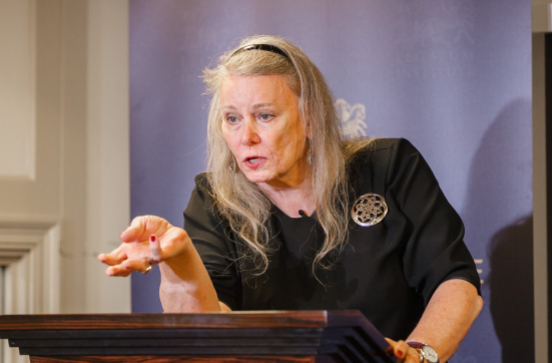
The Trinity Economic Forum (TEF) will be presenting a range of speakers, panels and workshops throughout this coming weekend, February 3rd to 4th. TEF is Ireland’s first and only student-run economic forum and now, in its sixth year running, is looking forward to over 400 Irish university students gathering to discuss economic ideas and policy-making.
The programme will be modelled on the 2013 Global Irish Economic Forum, attempting to build a more dynamic understanding of the Irish economic climate. The topics set to be discussed range from economics and business, to journalism and politics, with the forum hoping to promote better discussion of economics nationally. Specifically, the forum will look to discuss the economic importance of education, which is especially relevant in a university setting and within a student-run project. The forum also will address the erratic political climate of 2016, with Trumponomics and Brexit taking centre-stage in panel discussions.
Prominent economists Deirdre McCloskey and William Black will be delivering the keynote speeches. McCloskey’s work is far-reaching, covering not only economics, but also statistical theory, transgender advocacy, philosophy and the ethics of bourgeois virtues. Black’s work focuses specifically on white-collar crime, his book The Best Way to Rob a Bank Is to Own One spotlighting corporate crime and corrupt CEOs. Other speakers include Dr Stephen Kinsella and Senator David Norris.
Friday’s discussion panels will take place in the GMB starting at 5pm. McCloskey’s speech as well as the Brexit panel and the education panel are on the line-up, followed by a wine reception at 9pm. The following day will be opened by Black in Trinity’s Long Room Hub and will see discussions on Trumponomics, with workshops to follow. The event, as economist and author David McWilliams puts it, “highlights that our educational system is not entirely dysfunctional” and emphasises the entrepreneurial spirit of those in third-level education. TEF is looking to build on the success of previous years and offer a captivating take on the economic climate entering 2017.






